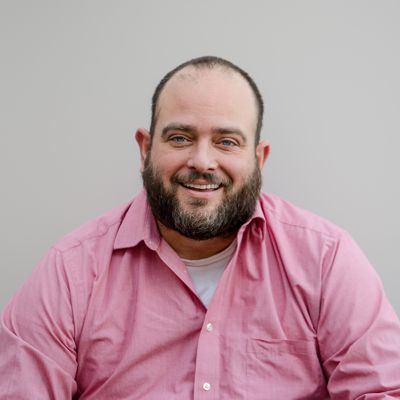Presenter Profile

Michael Levas, MD, MS
Medical Director, Project Ujima
Associate Director, Comprehensive Injury Center at MCW
Vice Chair of Diversity, Department of Pediatrics
Dr. Michael Levas has been with the Medical College of Wisconsin's Section of Pediatric Emergency Medicine since 2011. Following graduation from the Medical College of Wisconsin, he completed his pediatric residency and emergency medicine fellowship training in Kansas City, MO. He completed his Masters in Clinical and Translational at the Medical College of Wisconsin. Since joining the faculty at the Medical College of Wisconsin, Dr Levas has been intimately involved with health care disparities, youth violence, and injury prevention policy and research. He is the Medical Director of Project Ujima, one of the premier hospital-based youth violence prevention/intervention programs in the United States. He currently serves as Vice Chair of Diversity in the Department of Pediatrics and as the Associate Director of the Comprehensive Injury Center at the Medical College of Wisconsin.
Presentations
Funding
Karen Sheehan
Michael Levas, MD, MS
Moving from “Project” to “Publication” in Manuscript Writing
Jim Dodington, MD
Mike Levas, MD
Holly R. Hanson, MD, MS
Academic productivity is an important component of both scholarly advancement and individual promotion. Preparation, submission, and acceptance of manuscripts are key ingredients. The British Medical Journal published an article in 2014 titled, “How to Get Your Research Published” and in this article they suggest that publishing research is important because it allows for debate and education, serves as a catalyst for practice change, and it allows for career promotion. Writing and submitting manuscripts, however, is not part of medical school curriculum and the peer-review process can be daunting with journal acceptance rates low.
This workshop will focus on the basics of writing a manuscript for peer-review publication. We will break down the writing process into a before you write, while writing, and after you write section. We will discuss ways to make writing easier, keys to collaborating while writing, choosing a journal for submission, and the dreaded response to reviewers. The second part of the workshop will allow for independent writing based on a sample “study” that is provided or workshop participants are welcome to bring their own materials to get help and ideas. We will end with a time of Q&A.
1. Understand how to set yourself up to write successfully and choose a journal.
2. Review the “Instructions to the Author”
3. Obtain a “toolbox” of useful instruments for writing well
4. Learn how to respond to reviewers
5. Practice writing with others
